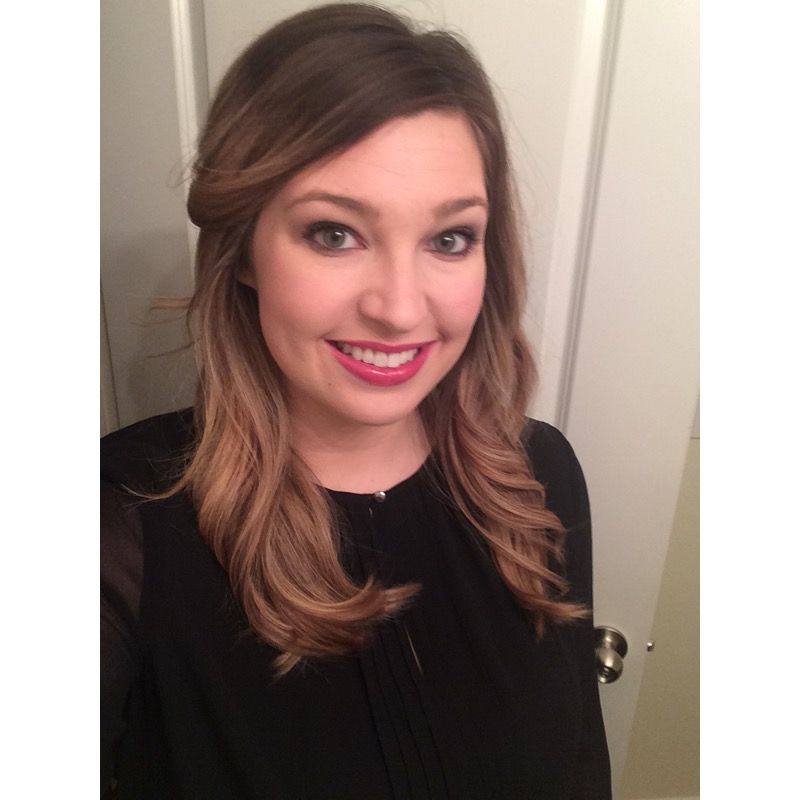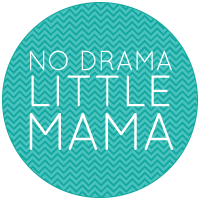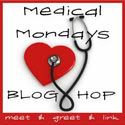One rotation down, a whole bunch more to go! Right now I'm wrapping up the end of my very first rotation for third year - Emergency Medicine. Kinda crazy considering most schools don't offer EM until the fourth year. This month was a great way to get exposure to a variety of medical problems - from strokes and MIs to mystery rashes and chronic medical condition exacerbations. The ED is certainly NOT limited to emergency cases!
Luckily, this rotation hasn't been TOO bad. I worked 13 10 hour shifts and my partner and I were able to create our own schedules as long as we weren't at the ED at the same time. I ended up working a lot of 4p-2a shifts, some 6a-4p, and some 8p-6a. If things happened to get kind of slow or the docs were busy charting, I got to go home a little earlier. Perfect for me because the hospital is about 45 minutes from my house!
So not a grueling schedule by any means but it was still a hard month, sleep-wise. It's really hard to go from day shift to night shift and back again. I had a LOT of lazy days, especially after overnights, where I would wake up around 10 am and just loaf around all day. I HATE feeling tired and I also hate not having structure.
Even with no other rotations under my belt, I feel like I held my own this month. I was stationed at a community-based ED so it was plenty busy with lots of moderate-acuity patients - TONS of psych/overdoses/withdraws, abscesses/lacerations, abdominal pain, chest pain, etc. It certainly wasn't an academic center in the middle of the city. Usually my day was a mix of seeing patients on my own and following around my doctor.
Generally, the doc I was assigned to follow around would tell me who they needed me to go see next (so they could go see another patient in the mean time). If possible, I would look at their chart on the computer and look for previous admissions/past medical history. I would introduce myself to the patient/family as a medical student and ask if it was ok to talk with them for a bit before the doctor came to see them. No one ever said "no" and most people were actually very happy to talk with me! The great thing about students is we have plenty of time to chat and are generally a lot less intimidating than the "real" doctors!
Next I would get the history from the patient and/or family. My favorite question to ask is "what made you decide to come to the ER" because it can be very revealing about what could be happening. I'm immediately on my guard if that patient has experienced symptoms abruptly or worse than anything they've had in the past. We do get a lot of patients that shouldn't have come to the ED, for various reasons, but it's important to still make them feel welcome and comfortable. Some people are just scared!
After taking the history, I do a quick physical exam (I've noticed the ER docs do a VERY focused H&P) and then I explain what I think may be going on and what we will likely do. Then I ask if there is anything I can pass along to the doctors or nurses and explain that the doctor will be in shortly to see them! I then present my findings to my attending and we go see the patient together. Lather, rinse, repeat. Occasionally the PAs grab me for a procedure and let me drain an abscess or close a laceration.
Gotta practice, right?
Unfortunately, because my computer access is limited, I didn't get a lot of practice writing orders or notes. The docs have scribes so they generally don't write their own notes either. I'm in for a nasty shock when I get to Internal Medicine!
In between patients, I would look up things I didn't understand or work through this book. My hospital isn't used to having residents or students around so it's been a bit of a learning curve for all of us! Some docs are very comfortable teaching while others just aren't. In those rare cases, I just tried to be as helpful as I could while also following the docs lead (i.e. avoiding interrupting them or asking a million questions that I could easily look up). I filled in gaps by reading Up To Date or another source. I grabbed EKGs and practiced reading them, etc. There are so many way to occupy your time! When possible, I spent a little extra time with my patients and didn't hesitate to grab them a cup of ice water (if allowed!), a blanket, or help a nurse put the patient into a more comfortable position.
EM has been pretty high on my list of potential specialities for the past couple years so I expected to really enjoy this rotation. And I did enjoy it, just not as much as I would have liked. I'm so glad I had this rotation early, though, so I can start to shift my interests towards Pediatrics and Psych (my secret loves).
So what did I like? Variety - both in disease presentation and patient population. No two patients look exactly the same, even if it's your fourth "headache" or "flank pain" of the night. It's a tremendous privilege to be there for someone during a vulnerable point in their life. (Almost) no one wants to be in the ER but if you can be a calming force and a good listener, it goes a long way. Also, despite the fast paced/busy nature of the ED, most docs and nurses are pretty laid-back and easy to talk to. Not a lot of ego (that seems to come from the specialists...) and generally willing to help each other out!
As much as I enjoyed this rotation, I don't see EM being my future career. Mostly because I found myself wondering what happened to my patients after they left the ED. I need some follow-up or continuity (although EDs do get their fair share of "frequent flyers"). I'm a patient person and the idea of managing chronic conditions doesn't bother me like I thought it would. There were so many conversations I wanted to have with patients (about nutrition, lifestyle choices, long term treatment alternatives, etc.) that just aren't always possible or appropriate in the ED. So many patients end up coming back again and again - it's heart-breaking. Something about the ED made me feel a little helpless. We could "fix" or help the patient in THAT particular moment but we had little power to do things moving forward. You have to HOPE that your patient has the resources and abilities to get the follow-up they need or to manage their conditions. I'm not completely ruling EM out of the equation since I still have another 4 weeks at a different hospital in December (and possibly January for Pediatric EM).
I'm starting to think Peds, Psych, or Family Med may be more my speed. I know I will still face many of the same challenges in a primary care role (I am dreading the paperwork and insurance red tape) but I know there will be a bigger opportunity to develop long-term relationships.
In addition to my shift in the ED, I also had the opportunity to do a 10 hour ride along with a local EMS crew. Unfortunately we only got one call the entire day so I was pretty bummed :(. Still, it was pretty neat to see how things work on the other side of emergency care. Our firefighters and EMS crews work SO hard and are amazing at what they do! I had a blast just getting to know them and learning what a typical day is like for them.
Now I just need to take my shelf exam for the end of the rotation and go back to campus for some OMM practice and an ethics session. My next rotation is Psychiatry (starts on Monday) and I CAN'T wait! Psych has always been in the back of my mind but I never really shared my interest with anyone. Mental health is just as important as physical health and I don't feel like it gets the respect or attention it deserves. So excited to see how things work and to start helping people!





















What brand are your scrubs? They fit great!
ReplyDelete